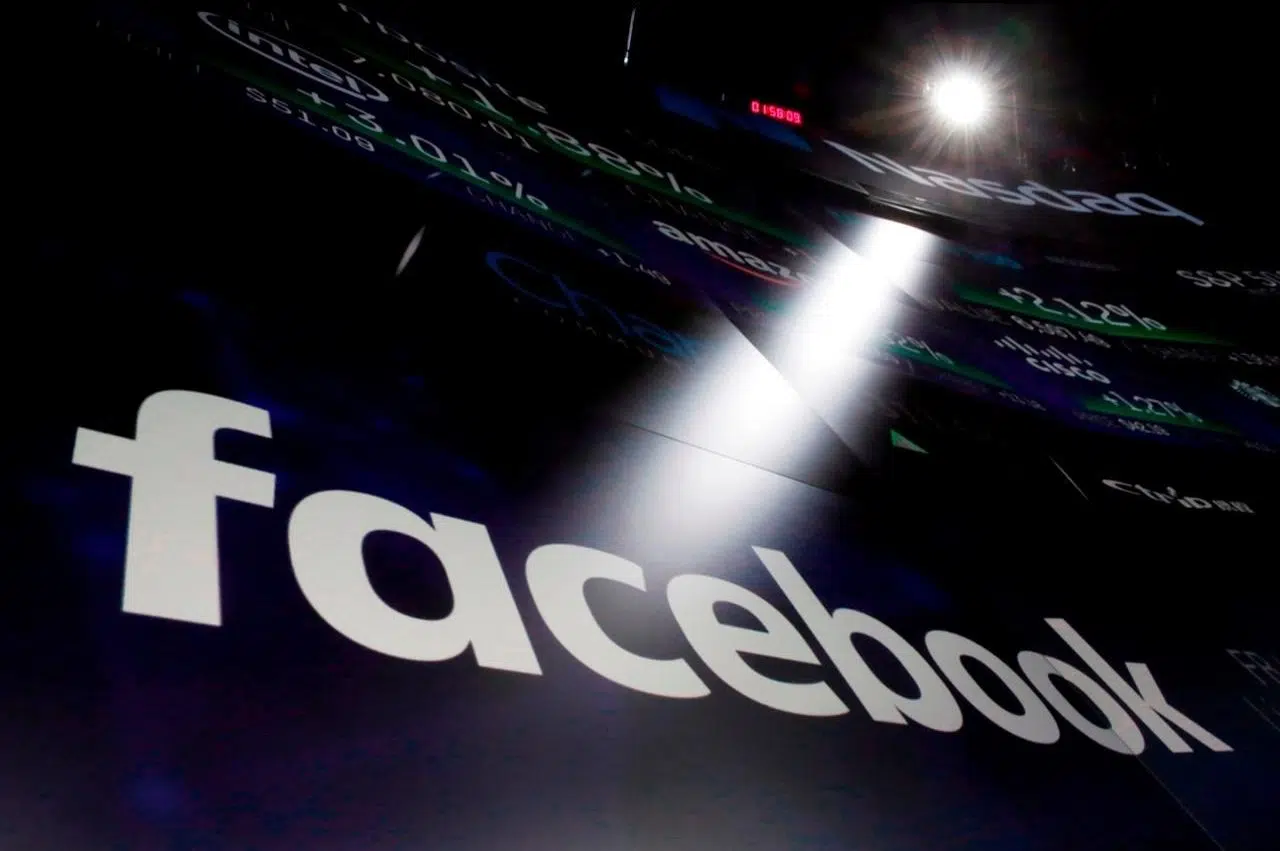OTTAWA — Anyone who wants to buy political ads on Facebook in the lead-up to the federal election will have to be approved by the company, but unpaid content that simply blurs lines —like a recent doctored video of U.S. House Speaker Nancy Pelosi — will still be permitted on the social-media site.
Facebook is launching its authorization process for political advertising, which includes a number of steps to confirm that an entity or group buying an ad that deals with politics, elections or social issues is real and is based in Canada. During the identity-authorization process, advertisers will also be able to identify as Indigenous — a unique Canadian feature.
Kevin Chan, the head of public policy for Facebook Canada, says the company is trying to go beyond the standards set in the Liberal government’s new election advertising laws, which came into effect last year.
“We’re going to hold these ads for seven years, these will apply across the system irrespective of if they are federal, provincial or municipal ads,” he said in an interview in Ottawa.
“We’re going to provide basic information about these ads and we’re going to proactively enforce against people who may try to not self-declare that they’re running a political ad or will try to evade our system in some way.”
Starting June 30, political ads that appear on Facebook are to show who paid for them and give options for users to click and view a range of information about each ad’s reach — who saw it, their gender and location, as well as information about the advertiser.
The move is part of the social-media giant’s response to changes the Liberal government has made to Canada’s election laws aimed at stopping bad actors, foreign or domestic, from interfering with Canada’s upcoming federal election through advertising.
After the U.S. presidential election in 2016, a congressional investigation found thousands of ads ostensibly from American groups — promoting gun rights, denouncing candidate Hillary Clinton, advocating for the Black Panthers, touting Vermont Sen. Bernie Sanders as a gay icon, attacking Islam — actually originated in Russia.
Bill C-76, which received royal assent in December, bans the use of money from foreign entities to conduct partisan campaigns. Facebook’s authorization system is meant to make sure the company knows in some detail who is buying ads on its platform.
Sarah Schiff, product manager at Facebook, says the company has prioritized building technology that will provide users with transparency about who is paying for political ads, where they come from and what audiences are being targeted.
But when it comes to content like the Pelosi video — which was slowed down to make her appear intoxicated or addled, and which spread widely after President Donald Trump tweeted a link to it — Chan says Facebook does not want to be an adjudicator of free speech.
The company refused to remove the video, despite calls for it to do so, as Facebook deemed that the doctored recording did not violate its “community standards.” The video has since been removed, although Chan says Facebook didn’t take it down.
“We’re trying to protect the space of freedom of expression versus censorship,” he said.
“The best outcomes are the ones where people who are saying things or who are putting things on the platform, recognize that they also have shared accountability over these things.”
Chan stressed that when it comes to content that falls outside the new political-advertising rules, fake accounts will be removed, but content like the Pelosi video falls into a grey area where he says context is important.
For example, content shared to glorify terrorism would be removed, whereas the same content shared to educate the public about the horrors of terrorism would be allowed to remain, Chan said.
“There’s these principles of freedom of expression and having appropriate guardrails around it, which is why we find it very important to adhere to certain standards and certain principles.”
The new Canadian law for political ads requires online platforms, such as Facebook and Google, to create a registry of all digital advertisements placed by political parties or third parties during the pre-writ and writ periods and to ensure they remain visible to the public for two years.
Teresa Wright, The Canadian Press







